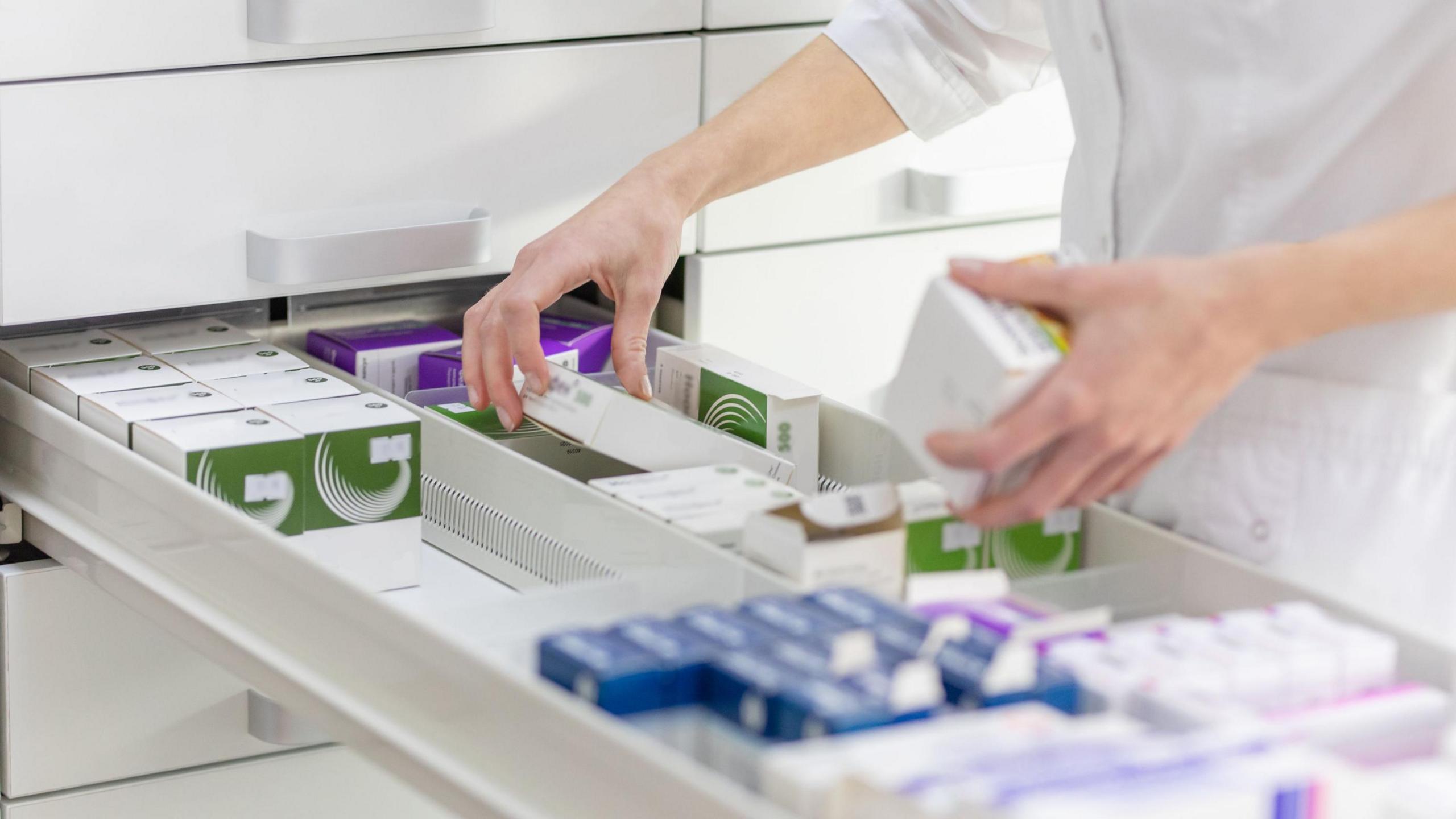Doctors asked to reduce prescribing plasters

Doctors have been asked to stop or greatly reduce the prescribing of lidocaine plasters
- Published
Doctors in Guernsey have been asked by Health and Social Care not to prescribe lidocaine plasters.
They are applied to the skin for the relief of nerve pain, which can happen after a shingles infection.
The change is part of the department's ongoing evaluation of medicines.
Chief pharmacist, Teena Bhogal, said: "The evidence supporting the use of lidocaine plasters for nerve pain is limited, and they are relatively expensive compared to other pain treatments, making them less cost-effective."
Lidocaine plasters are not recommended by the National Institute for Health and Care Excellence for nerve pain due to insufficient evidence.
Most patients that are currently prescribed lidocaine plasters in Guernsey should have had their treatment reviewed.
If not, they are encouraged to consult their doctor to explore alternative pain relief options.
Lidocaine patches may be prescribed for nerve pain following shingles if all other treatments have failed or are unsuitable, but this must be done by a specialist from a pain clinic.
Heath bosses said that in the past 12 months, the cost of prescribing lidocaine plasters was more than £100,000.
Follow BBC Guernsey on X (formerly Twitter), external and Facebook, external. Send your story ideas to channel.islands@bbc.co.uk, external.